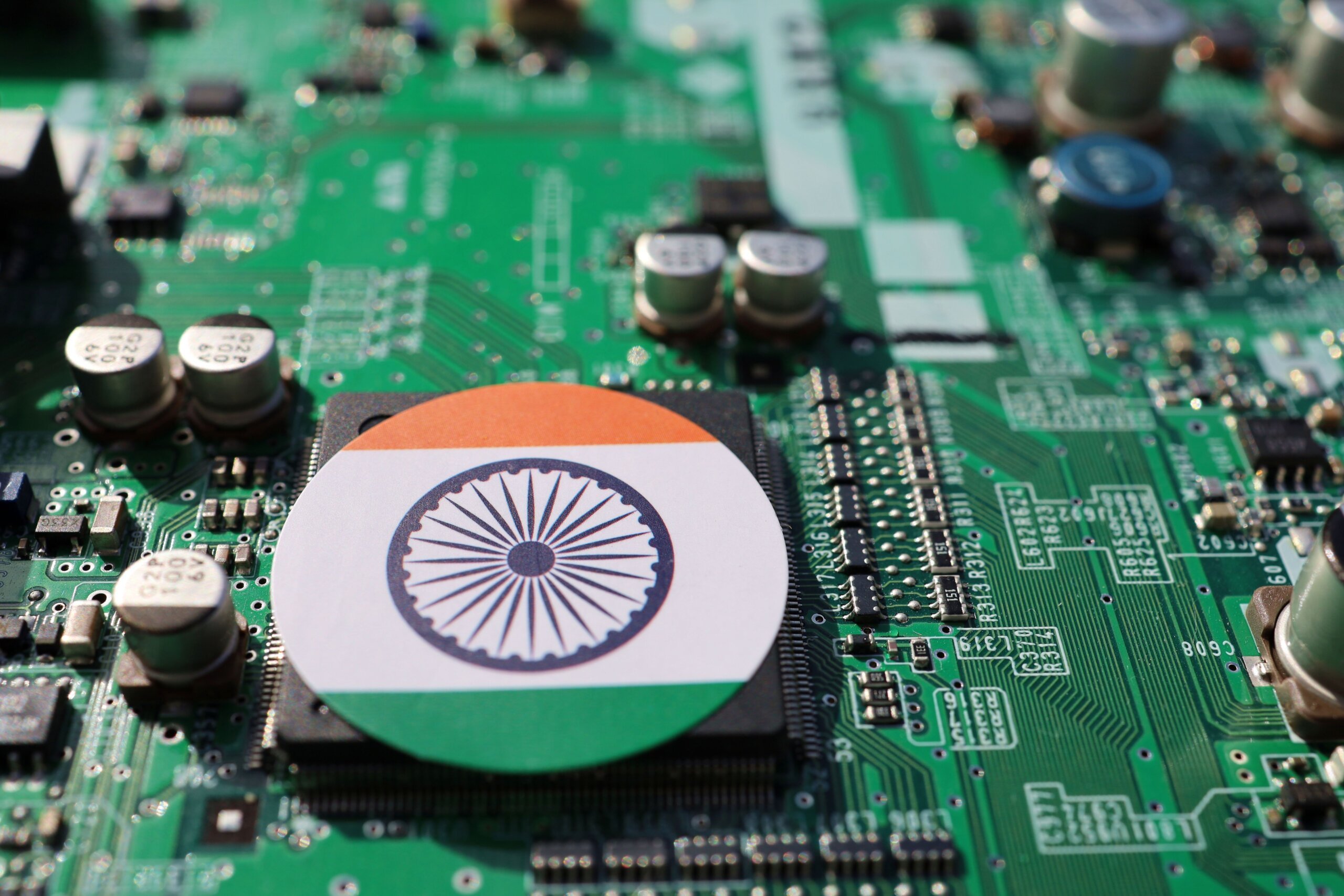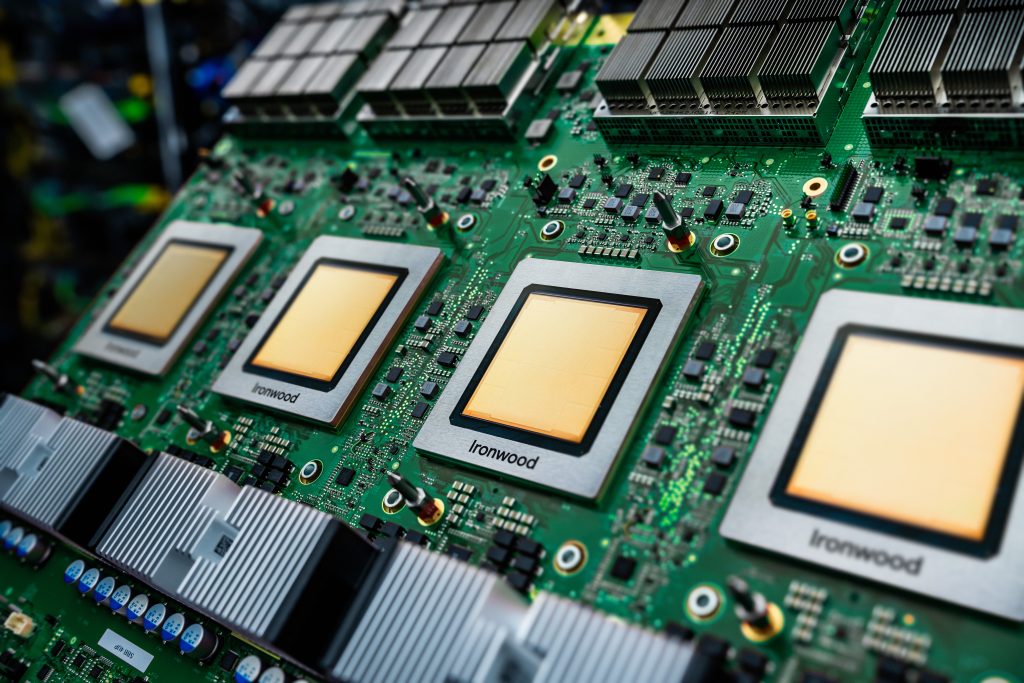- Industry estimates project a US$100 billion semiconductor market in India by 2030.
- Challenges include attracting overseas talent and developing local supply chains.
The India semiconductor industry is poised to experience substantial growth, but only if the country expands its chip manufacturing capabilities. At a preview event for the inaugural SEMICON India 2024, SEMI CEO Ajit Manocha will advocate the necessity for 10 to 20 new semiconductor fabs in India over the next decade to address the increasing demand.
India’s first-ever SEMICON conference will occur in the Delhi-NCR region from September 11 to 13, 2024, marking a significant milestone for the nation’s growing semiconductor industry. The event will feature over 250 semiconductor companies across more than 650 booths. It is being organised by SEMI, a US-based association promoting the chip industry, in partnership with various stakeholders, including the country’s Ministry of Electronics & Information Technology.
Manocha’s call for expansion coincides with increased interest in India’s semiconductor potential. Recent developments underscore this trend such as Micron Technology’s proposed US$825 million investment in a semiconductor assembly and testing facility in Gujarat, and the Tata Group’s authorised projects for fab factories in Dholera and Assam.
The SEMI CEO lauded the Indian government’s supportive policies, stating that present geopolitical and investment climates favour India’s semiconductor goals. He cited the establishment of Outsourced Semiconductor Assembly and Test (OSAT) and Assembly, Testing, Marking, and Packaging (ATMP) facilities in India as positive indicators of progress.
Even industry projections are optimistic, with estimates suggesting India’s semiconductor market could surpass US$100 billion by 2030, potentially creating over 600,000 jobs. This growth aligns with global trends, as a McKinsey & Company report predicts the worldwide semiconductor market will reach US$1 trillion in the same timeframe.
Manocha also believes India’s vast talent pool is critical for the sector’s development. Tapping into such resources could help address the global semiconductor talent shortage and attract more investment in the country.
Inevitably, the road to a self-reliant semiconductor industry is challenging. As per Business Standard’s report, Kristy Hsu, director of the Taiwan ASEAN Studies Center, outlined vital factors influencing investment decisions in the local Indian chip sector. These include local customer support, infrastructure quality, supply chain robustness, government policies and talent availability.
Speaking at a separate event, the Ashwamedh Elara India Dialogue 2024 in Mumbai, Hsu stressed the importance of diversifying partnerships beyond single collaborations like Tata’s with Powerchip Semiconductor Manufacturing Corporation (PSMC). She emphasised the need for India to cultivate relationships with a broader range of suppliers and partners in the semiconductor ecosystem.
On the obstacles India faces with its semiconductor goals, Hsu said that besides an underdeveloped local supply chain, there’s the challenge of recruiting talent who have been trained abroad and frequently opt to remain overseas. This could result in a greater dependency on imports, which would increase costs and complicate logistics.
Then, there is also the price sensitivity of Indian companies, which may affect their willingness to procure domestically-produced chips, presenting an additional challenge for local support.
Despite these challenges, the Minister of Electronics and Information Technology, Ashwini Vaishnaw, expects the first chips developed in India to be produced by 2025. Moreover, the government is actively seeking talent development through university partnerships. It has made agreements with international entities in the United States, Japan and the European Union to bring more innovation to India.
According to the Economic Times, Vaishnaw also stated that 13 companies are now involved in chip design operations in the country. As India establishes itself as a significant player in the global semiconductor landscape, the success of India’s initiatives will depend on addressing the existing challenges while capitalising on the country’s inherent strengths.
The upcoming SEMICON India 2024 event is expected to serve as an important platform for industry leaders to discuss strategies to overcome obstacles and leverage opportunities in India’s nascent semiconductor sector.








